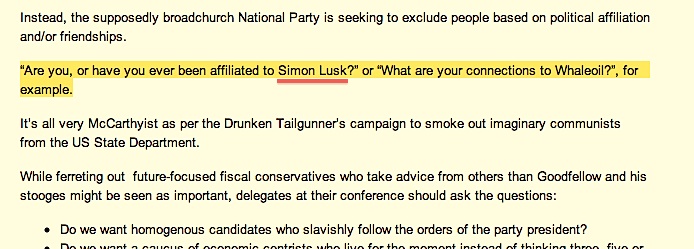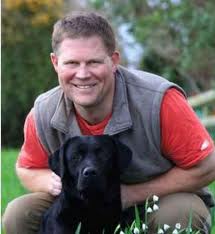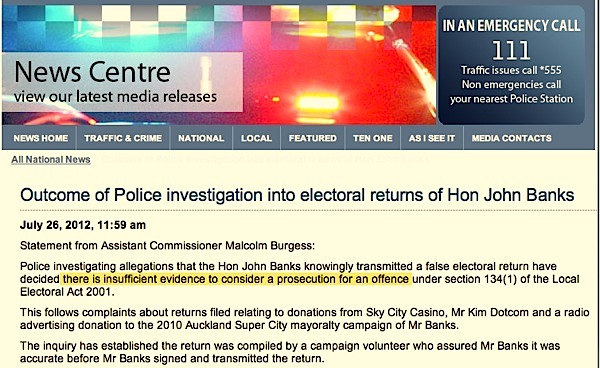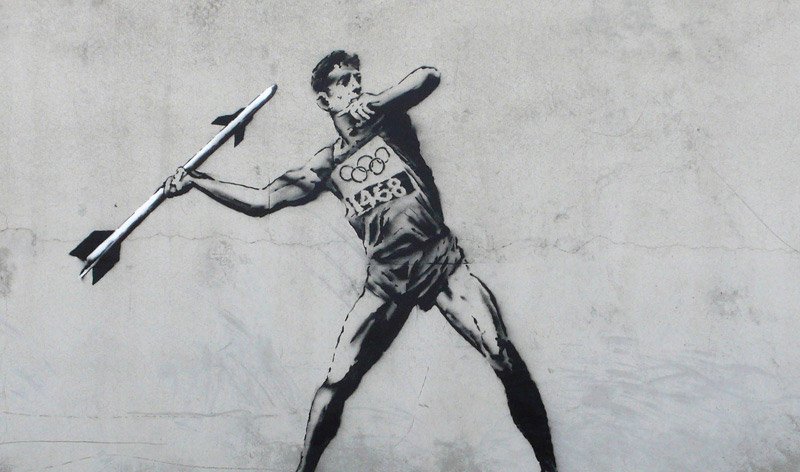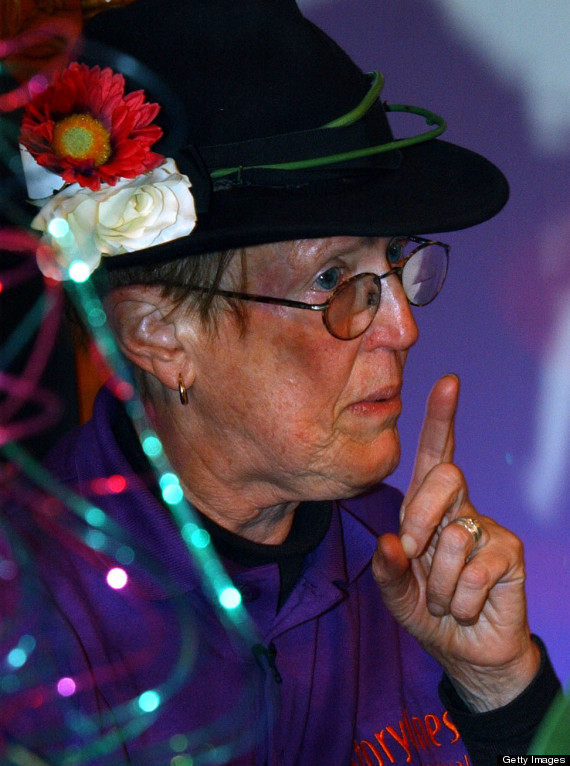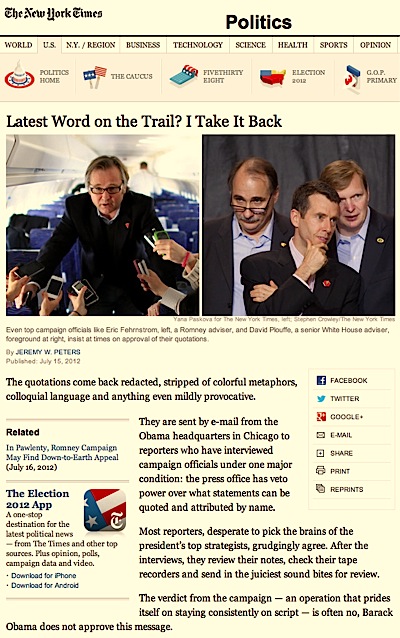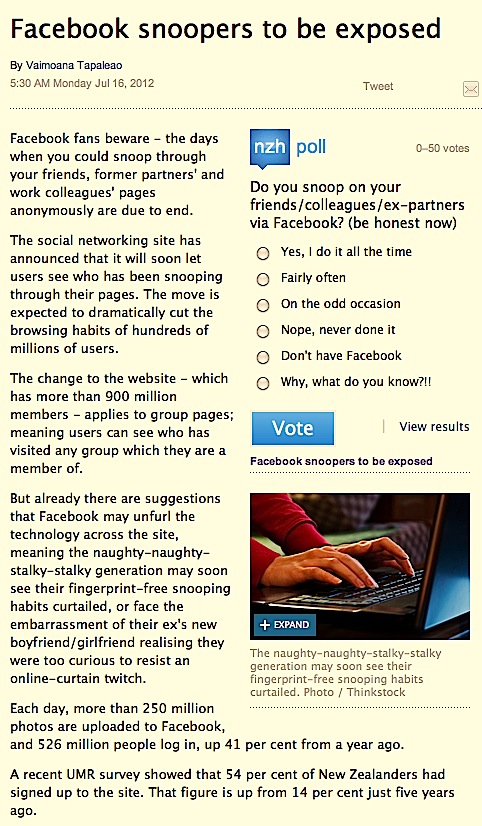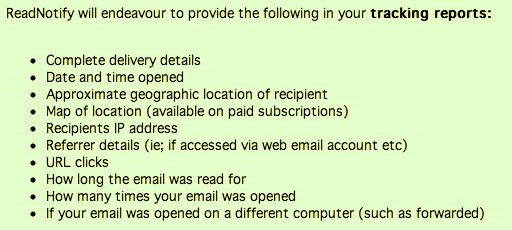
I can see why email marketers might use this, and, well, OK. And private investigators, well, just OK. But who else ...? Stalkers? Hmmm.
Some of us of have heard of the email tracking service ReadNotify.
Former National Party insider and ACC claimant-whistleblower-conversation recorder-lightning rod Bronwyn Pullar used it or something like it to ‘trace’ her emails to ACC (and who knows whom or where else?) and demonstrate, at least to her own satisfaction, that they’d been opened. Repeatedly.
Here’s a story from BuzzFeed about a music fan who repeatedly emailed superstar Jay Z, tracking the messages using the ReadNotify ‘bug’ system. He never received a real reply, and wanted to publish a book of his ‘sent messages’ to Jay Z … read it yourself.
I found the tale interesting but vaguely unsatisfying.
How would you know if YOUR email communication from someone you’d never met was being traced in this way … along with your actual geographic movements? How would you feel?
It reminds me of the clever assassination techniques attributed to Israeli intelligence e.g. packing a duplicate cell phone with explosive, somehow slipping it to their PLO ‘target’ … then blowing his head off remotely, with a phone call.
For some, privacy can be a matter of life or death. For celebrities … well, it’s still a value, surely? Paparazzi intrude all the time, wanting snatched photos of kids etc — crossing boundaries and making money from stealing people’s privacy. The UK’s Leveson inquiry is revealing how low some in the ‘press’ will stoop in pursuit of an edge.
Tracking The Biggest Star In The World
by John Herman at BuzzFeed
… “[Jay] has opened every single one of my emails, even re-opening them to re-read,” says Johnson. “He has clicked on links and had emails open for as long as 20 minutes.” He knows this because he uses a tool called ReadNotify, which embeds a small, unique invisible image in every message he sends. When the message is opened, the image loads from ReadNotify’s servers, which record the time of the view, its duration and rough location. ReadNotify then gives the sender a read receipt, confirming that the message was seen. These services have been around for years, and they work — this kind of “bugging” is an old email marketing trick.

We're being tracked anyway, right?
At first, Johnson didn’t give the read notifications much credence. “I told my wife, ‘This must not be his actual email — maybe it’s a secretary of some sort opening these for him,'” Johnson told me. He seemed relatively confident that this was the right address from the start— he declined to mention how he found it, only that he believes very few people have it. But then he started noticing the locations.On November 23, 2010, two days before Jay-Z was scheduled to play a show with U2 in New Zealand, one of Johnson’s emails was opened near Auckland. Another, sent while Jay-Z was vacationing in France, was opened from an iPhone in Paris. Messages were opened in Geneva, Denver, London, Manchester, Sydney, Philadelphia, and East Hampton.
I was at that U2 concert in Auckland. With my iPhone. Tracked. Just sayin’.
– P
via Dave Pell Next Draft




